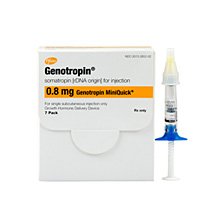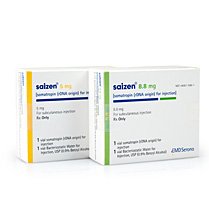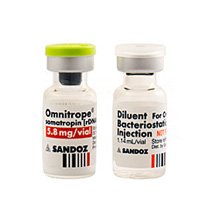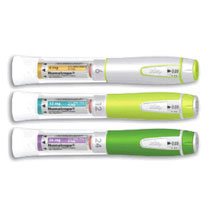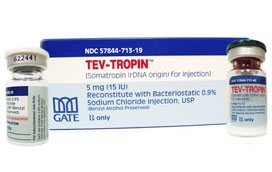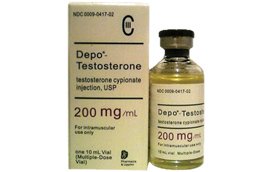What Does Testosterone Do for Men? 10 Important Benefits Everyone Should Know

Testosterone is a complex hormone that has both direct and indirect impacts on the body, along with influencing other functions when it undergoes conversion to estradiol (estrogen) and dihydrotestosterone (DHT).
What does testosterone do for men that make it such an important hormone?
Testosterone is the primary male androgen (sex) hormone. When a man is young, testosterone helps develop the sexual organs, stimulate libido, and grow hair. Testosterone also helps with the process of spermatogenesis – the development of mature sperm. Without enough testosterone, a male may be infertile and unable to father a child.
Although considered the male sex hormone, testosterone is equally as important for females, although in a much lower quantity.
What does testosterone do for females and males that are different from one another?
Most of the functions of testosterone in the body are the same, with the exception of the impact on the sexual organs. In women, testosterone aids in vaginal secretions. For men, testosterone helps promote proper erectile functions.
What does low testosterone do to males who suffer from this deficiency?
Low T robs a man of his sex drive, performance and pleasure, physically toned body, sharp memory, and youthful looks. Testosterone decline takes away drive, motivation, productivity, and, in return, brings depression, weight gain, mood swings, stress, and irritability.
As we take a look at the ten top physical effects and mental and emotional benefits of testosterone for men, you will see why protecting this hormone is vital in later years of one’s life.
5 Effects of Testosterone on the Body
Although testosterone has many roles in the human body, we are isolating the top 5 effects of testosterone to help you get a clear understanding of what does testosterone do for men.
Top 5 Physical Effects of Testosterone on the Body |
| Increases sex drive, feelings of arousal, erectile performance, and pleasure through more powerful orgasms. |
| Improves bone mineral density for stronger bones and a reduced risk of osteoporosis and fractures. |
| Stimulates metabolism for proper food conversion into energy, reducing fat storage and mobilizing and burning previously stored fat reserves. Testosterone also helps regulate glucose and insulin levels to aid metabolic functions. |
| Improves muscle protein fiber synthesis to increase lean muscle mass and strength. |
| Lowers LDL (bad) cholesterol and triglyceride levels to reduce the risk of atherosclerosis and heart disease. |
What does testosterone do for males who have Low T that interferes with their lives?
Testosterone replacement brings back the drive and determination that go hand in hand towards getting the job done – no matter what that job may be. It allows for better sleep at night, which increases energy levels during the day. Testosterone strengthens and empowers the body.
5 Benefits of Testosterone for the Mind and Emotions
Testosterone’s benefits stretch beyond the body all the way up to the mind, where receptors in the brain sit in wait for a supply of testosterone to come along and offer stimulation to aid in learning and retention.
What does testosterone do for men with Low T who suffer from memory loss and lack of focus?
Top 5 Benefits of Testosterone for the Brain and Emotional Well-Being |
| Stimulates cognitive functions such as learning and memory recall. |
| Improves focus and concentration. Helps restore drive and productivity. |
| Reduces feelings of depression – in many cases providing better results than anti-depressants. |
| Increases positive mood and outlook for the future. |
| Restores the desire for socialization and interpersonal relationships. |
Without an ample supply of testosterone, a man or woman will find that an increased risk of obesity, type 2 diabetes, osteoporosis, cardiovascular disease, high blood pressure, atherosclerosis, and dementia could become a reality.
To improve overall health, vitality, sexual desire, and well-being, please contact Greenberg Health for a free consultation with a hormone specialist.


















 Norditropin
Norditropin